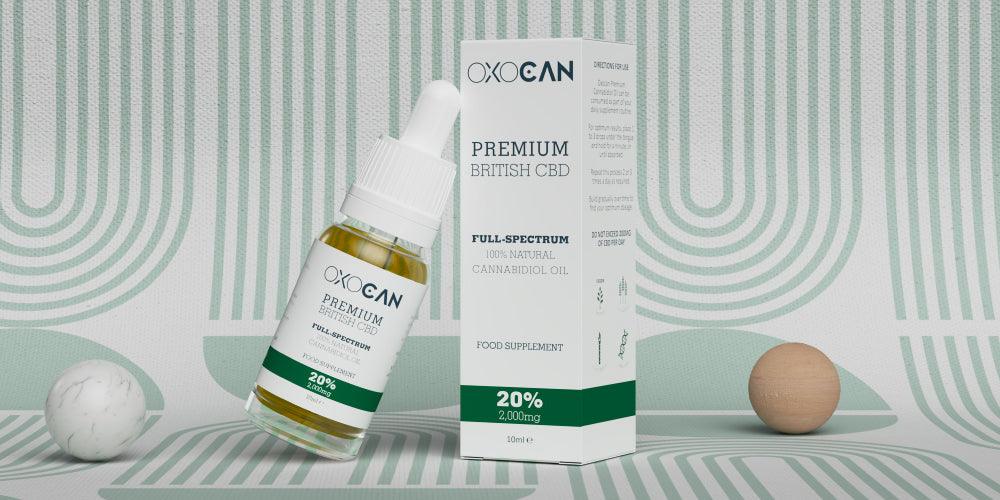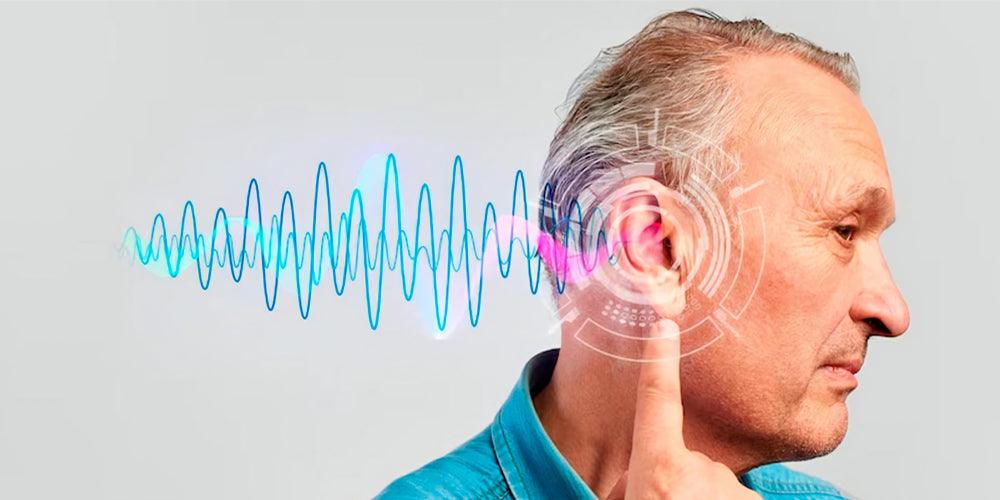
CBD Effects on Depression, Anxiety, and Sleep
CBD Effects on Depression, Anxiety, and Sleep
Cannabidiol (CBD) is a growing focus in mental health treatment. It offers potential relief for depression, anxiety, and sleep disorders. Derived from cannabis, CBD is non-psychoactive and does not cause a high. This makes it appealing for therapeutic benefits without mind-altering effects. This blog explores CBD's impact on depression, anxiety, and sleep, based on research and clinical observations.
What is CBD?
CBD is one of over a hundred cannabinoids in cannabis. Unlike THC, it is legal in many places if extracted from hemp with low THC levels. Its legal status and health benefits boost its popularity as a wellness supplement.
CBD and Depression
The Science Behind CBD’s Effect on Depression
Depression is often linked to low serotonin levels. CBD might affect the brain’s serotonin receptors, though it does not necessarily boost serotonin levels. A 2018 review found CBD has anti-stress effects, which may reduce depression related to stress. While not a replacement for traditional treatments, CBD shows promise as a complementary therapy.
User Experiences and Clinical Observations
Anecdotal evidence suggests CBD can improve mood and well-being. Some clinical trials support these claims, but more research is needed to fully understand CBD's efficacy in treating depression.
CBD and Anxiety
Understanding Anxiety and CBD’s Role
Anxiety can be debilitating, affecting daily life. CBD may calm the nervous system, benefiting those with anxiety. A 2019 study found that 79.2% of participants reported decreased anxiety after one month of CBD treatment. This effect remained consistent, suggesting CBD could be effective long-term.
Types of Anxiety Disorders That CBD Might Help
- Generalised Anxiety Disorder (GAD)
- Social Anxiety Disorder (SAD)
- Post-Traumatic Stress Disorder (PTSD)
- Obsessive-Compulsive Disorder (OCD)
CBD interacts with the endocannabinoid system, crucial in its therapeutic effects.
CBD and Sleep Disorders
The Connection Between CBD and Sleep
Sleep disorders often relate to anxiety and depression. CBD may reduce anxiety and depression, leading to better sleep. A 2017 review suggested CBD might directly affect sleep by interacting with brain receptors.
How CBD Can Be Used to Improve Sleep
Dosage and timing are critical. Lower doses can energise, while higher doses may sedate. Taking CBD oil a couple of hours before bed can create a calming effect conducive to sleep.
Potential Side Effects and Considerations
CBD is generally well-tolerated, but some may experience dry mouth, reduced appetite, drowsiness, or gastrointestinal issues. Consider CBD’s interaction with other medications.
CBD shows potential as a therapeutic aid for depression, anxiety, and sleep disorders. More research and clinical trials are needed to fully validate its effectiveness and safety. Use CBD as part of a broader treatment plan under healthcare professional guidance. As research progresses, understanding CBD’s role in treating these conditions will improve, leading to targeted therapies.


